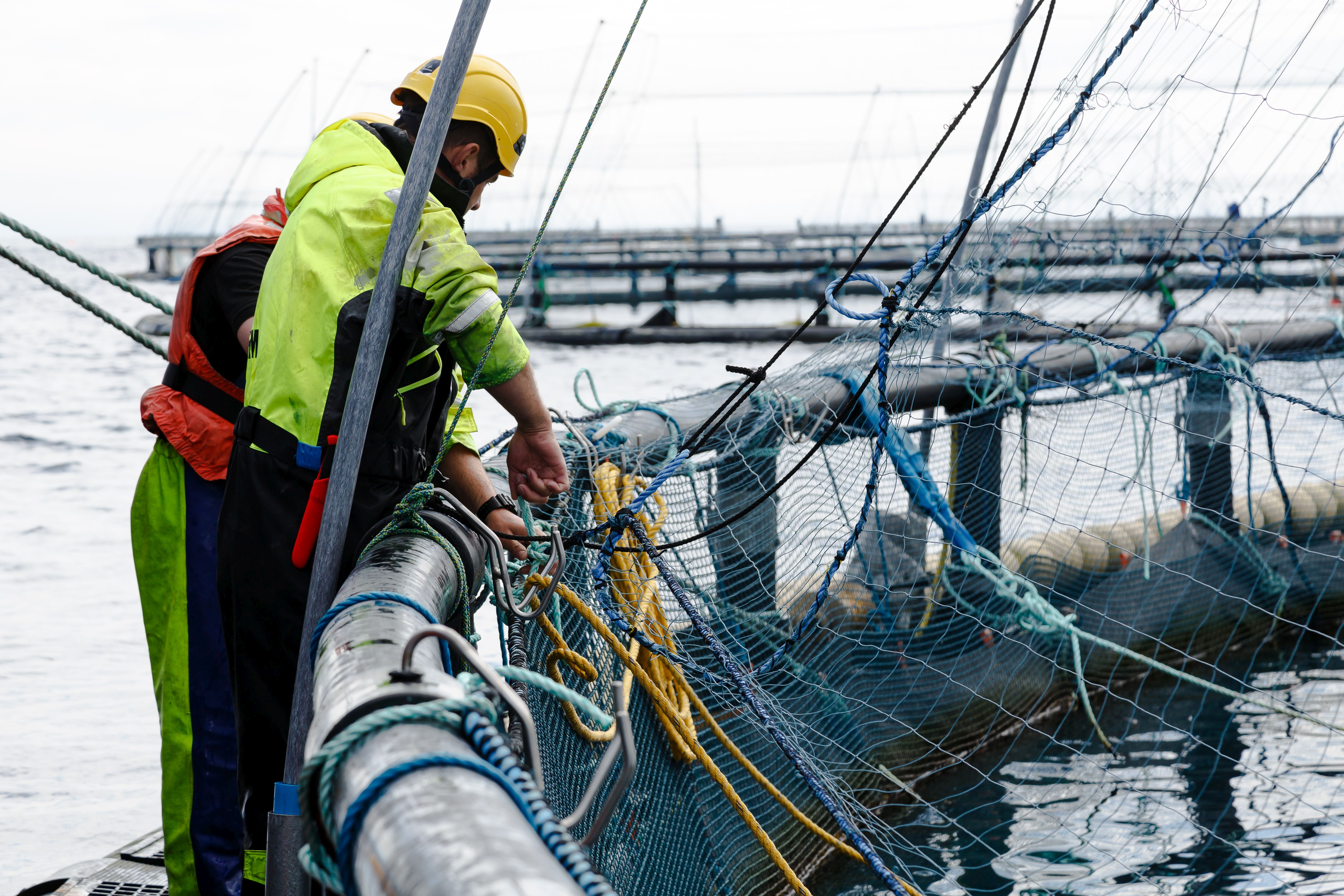Confusion in Scotland over ‘key worker’ status

SCOTLAND’S food producers have urged the devolved government to provide clarity, in line with the rest of the UK, over which members of staff can be defined as key workers.
In England, Wales and Northern Ireland, national advice has been issued identifying key workers as including those involved in the production, delivery and sale of food. Recognised as being on the frontline in the fight against the coronavirus outbreak, they qualify for continued child care.
However, in Scotland, no such advice has been issued and it is being left to the 32 local authorities to make a case by case decision on individual businesses and groups of workers.
In order to secure the nation’s food supply, food and drink associations, including the Scottish Salmon Producers Organisation (SSPO), have come together to demand the government issues further guidance to councils.
The industry organisations said in a joint statement that they acknowledge the importance of keeping the definition of key workers narrow. And they said they understand that numbers of children attending schools must be kept as low as possible.
In addition, prioritisation should be for category one key workers, such as those in the NHS.
But the food sector also stressed the importance of ensuring the ongoing supply of food and drink into key public services and retailers.
At present, some local authorities have recognised the priority of food supply under category two of the key worker designation (and therefore still critical), but many have not.
‘Food and drink products cross council boundaries when going from where they are produced, to where they are processed, to where they are sold,’ the trade bodies said.
‘An inconsistent approach and a lack of support for councils in defining key workers could add further strain to a food supply chain already under enormous pressure.’
Julie Hesketh-Laird, CEO of SSPO said: \’Public health is the top priority currently and salmon farmers are working to keep those who work in the sector safe while caring for our livestock.
\’But we also recognise the importance of keeping fresh food supplies such as Scottish salmon available to households throughout this crisis.
\’That is why the SSPO is working with other food and drink bodies, with local authorities and the Scottish government to try to ensure a consistent, Scottish wide approach to this issue of ‘key workers’ to help keep essential fresh food being supplied.
\’Our members are working hard to reduce staffing levels to the lowest possible number required to maintain the production of essential goods.
\’Many local authorities are still working on and reviewing their lists of key workers and we urge them, to help keep fresh food supplies available, to recognise the importance of those who work in essential fish farming roles.\’
The group of food and drink bodies is advising businesses to reduce staffing to the bare essentials required to secure supplies.
Among measures recommended are:
- Reduce staffing levels to the lowest possible number required to maintain the production of essential goods;
- Do not contact your local authority to make the case for key worker designation unless it is the measure of last resort. All other measures must be explored first (such as shift changes, halting some production lines, alternative childcare arrangements);
- If you do contact your local authority, only seek designation for ‘business critical’ roles.
The statement was issued by the following organisations: Scotland Food & Drink; FDF Scotland; Scottish Agricultural Organisation Society; National Farmers Union Scotland; Scottish Salmon Producers Organisation; Quality Meat Scotland; Seafood Scotland; Scotch Whisky Association; Scottish Fishermen’s Federation; Scottish Seafood Association; Scottish Association Meat Wholesalers; Dairy UK; Agricultural Industries Confederation Scotland; and Scottish Bakers.

